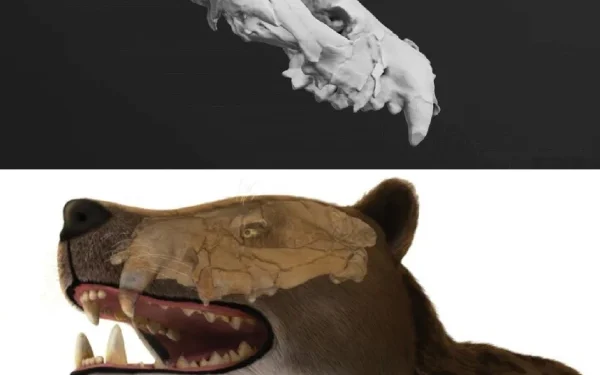Scientists in Egypt have recently discovered the skull of an ancient carnivorous predator called Bastetodon syrtos.
It lived about 30 million years ago and was about the size of a modern leopard.
The discovery has forced researchers to correct a century-old misclassification of ancient African predators.
The recent discovery proves that ancient African predators evolved in isolation from their European relatives, rather than being part of a single group.
The remains of the aforementioned predator date back to a crucial period in world history when the Earth’s climate was changing from warm to cool.
The discovery could help scientists understand how climate change affected the evolution of ancient predators and ultimately led to the extinction of the older animals when modern African predators arrived.

























